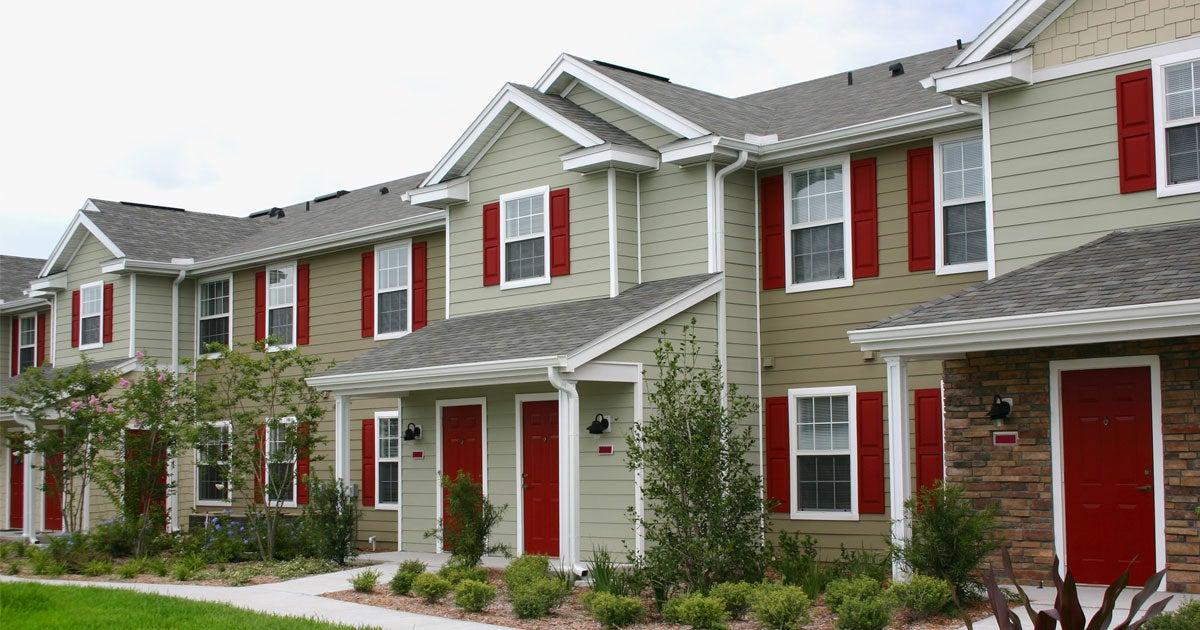How Home Equity and Cash Flow Impact Aging in Place
2 min read

Related Topics
Older homeowners who have accumulated housing wealth are often seen as being more financially secure in retirement.
Uncertainties in later years, however, can make it hard for many to continue to manage their household finances over time. The COVID-19 pandemic has shown how quickly unexpected events can upset many aspects of daily life. It has also made Americans more conscious of their home as a safe haven, and the need to strengthen the ability to age-in-place.
It is important to understand the sources of financial stress that could jeopardize homeownership for older Americans and review the options for those who have a substantial portion of their retirement resources tied up in their home.
The following reports were prepared for NCOA by BRStucki Consulting and LeadingAge LTSS Center @UMass Boston to examine these issues.
Cash Flow Challenges and Homeownership in Later Life
This study examines cash flow—the difference between what a household needs to live (expenses) and the resources they have (income). The analysis uses the Elder Index to assess whether homeowner households ages 62 and older have adequate income to cover the bills. The analysis:
- Examines the prevalence of 18 internal household stressors that could be sources of financial volatility among older homeowners.
- Provides insights into the ways that cash flow shortfalls could heighten mortgage default or the risk of foreclosure due to a prolonged or permanent state of financial difficulty.
- Considers the strengths that older homeowners could draw on to bounce back should they experience a financial setback or problems with aging-in-place.
Using Home Equity to Sustain Cash Flow for Aging-in-Place
This study looks at cash flow challenges using data from 70,089 Home Equity Conversion Mortgage (HECM) counseling sessions conducted in 2017. A unique feature of this loan is that all potential borrowers must first attend consumer counseling, during which counselors ask questions to identify potential sources of vulnerability that could make it hard to age-in-place. The analysis:
- Compares the demographic attributes and financial vulnerabilities of HECM counseling households to those of homeowner households ages 62 and older in the general U.S. population.
- Identifies specific vulnerabilities for aging-in-place that could increase interest in using this asset for retirement income planning.
- Highlights how additional financial education, decision support, and access to community services could support the orderly drawdown of home equity in later life, and help HECM households keep up with borrower obligations.
